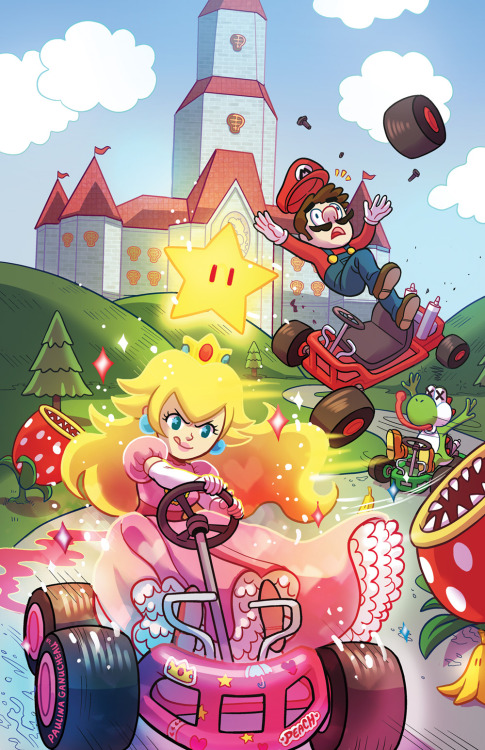"I was invited to an amazing Mario Kart 64 zine by my good friend Tait Howard. I can’t wait till you see the rest. YAY! I picked Royal Raceway as my track. So here’s Peach, tearing it up."
Critical Distance contributor Cameron Kunzelman continues his analysis on Assassin’s Creed, this time focusing on its micro and macro time scales.
Higher Level Gamer has launched the first article in a series on the virtues of persistent world play experiences, drawing upon popular reception to Dean Hall’s DayZ.
Inside the Brief Life and Untimely Death of Flappy Bird. Developer and educator Robert Yang notes the racist undertones to the internet’s reception of Flappy Bird and its Southeast Asian developer. Elsewhere, Mattie Brice criticizes the game’s negative backlash as necessarily holding up a capitalist status quo. On The Daily Beast, Leigh Alexander likens the rise and backlash of Flappy Bird to the 1990s grunge scene.
Paul Reid proffers up an interesting (but only preliminary) analysis into the correlation between genres of gameplay and the politics of players who enjoy them.
Play the Past, has posted the first article in a series of primers on teaching games in the classroom. In a similar vein, over on Videogames of the Oppressed, Mike Joffe shares some valuable musings on the role of play and games (and how those two do not necessarily always intersect) in the animal kingdom.
Throthgar's Top 10 Most Anticipated Games Of 2014
UK-based writer Leigh Harrison suggests that microtransactions can, themselves, be a game mechanic: “I’d like to posit that, instead of implementing the looming shadow of microtransactions to gouge players of cash, developers are simply using the threat of having to pay for something as a means of heightening tension within their otherwise risk-free games.”
While video games may not have a Citizen Kane, the gaming industry itself symbolically represents Kane, the character, in many ways. "Then there are games – even successful ones – that get pushed out the door unready. Games that still carry the scars from the industry’s policy to release now and patch later. It’s a strategy that amounts to throwing the devs over the cliff and ordering them to build a parachute on the way down, so of course games ship broken."
Higher Level Gamer has launched the first article in a series on the virtues of persistent world play experiences, drawing upon popular reception to Dean Hall’s DayZ.
Inside the Brief Life and Untimely Death of Flappy Bird. Developer and educator Robert Yang notes the racist undertones to the internet’s reception of Flappy Bird and its Southeast Asian developer. Elsewhere, Mattie Brice criticizes the game’s negative backlash as necessarily holding up a capitalist status quo. On The Daily Beast, Leigh Alexander likens the rise and backlash of Flappy Bird to the 1990s grunge scene.
Paul Reid proffers up an interesting (but only preliminary) analysis into the correlation between genres of gameplay and the politics of players who enjoy them.
Play the Past, has posted the first article in a series of primers on teaching games in the classroom. In a similar vein, over on Videogames of the Oppressed, Mike Joffe shares some valuable musings on the role of play and games (and how those two do not necessarily always intersect) in the animal kingdom.
Throthgar's Top 10 Most Anticipated Games Of 2014
UK-based writer Leigh Harrison suggests that microtransactions can, themselves, be a game mechanic: “I’d like to posit that, instead of implementing the looming shadow of microtransactions to gouge players of cash, developers are simply using the threat of having to pay for something as a means of heightening tension within their otherwise risk-free games.”
While video games may not have a Citizen Kane, the gaming industry itself symbolically represents Kane, the character, in many ways. "Then there are games – even successful ones – that get pushed out the door unready. Games that still carry the scars from the industry’s policy to release now and patch later. It’s a strategy that amounts to throwing the devs over the cliff and ordering them to build a parachute on the way down, so of course games ship broken."

No comments:
Post a Comment